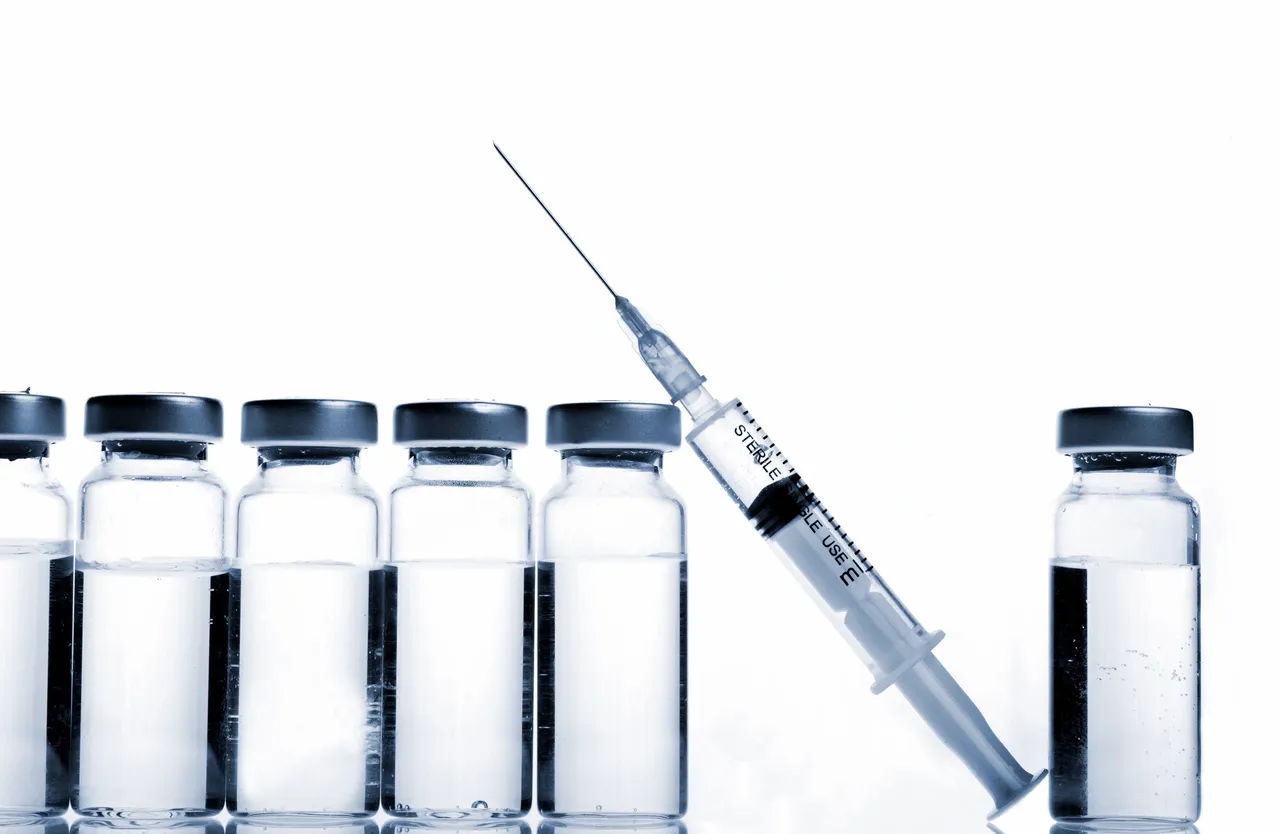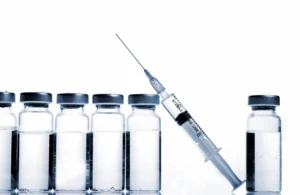Preventive healthcare refers to measures taken to prevent illness, disease, or injury before they occur or worsen. It focuses on maintaining and promoting good health, rather than solely treating illnesses or addressing symptoms. There are several reasons why preventive healthcare is important:
- Early Detection and Treatment: Preventive healthcare includes regular screenings, check-ups, and tests that can identify potential health problems at an early stage. Detecting diseases in their early stages increases the chances of successful treatment and can significantly improve outcomes. For example, regular mammograms and Pap smears help detect breast and cervical cancer in their early stages when they are more treatable.
- Cost-Effectiveness: Preventive healthcare can reduce the overall cost burden on individuals, families, and healthcare systems. Treating advanced or chronic diseases can be much more expensive than preventing them or managing them at an early stage. By investing in preventive measures, such as vaccinations, lifestyle modifications, and health education, we can reduce the need for expensive medical interventions later on.
- Improved Quality of Life: Preventive healthcare aims to promote and maintain optimal health and well-being. By adopting healthy behaviors and receiving appropriate screenings and vaccinations, individuals can avoid or minimize the impact of diseases, disabilities, and complications. This leads to a better quality of life, allowing people to enjoy their daily activities, work, and relationships more fully.
- Reduced Disease Transmission: Preventive healthcare measures, such as vaccinations, help prevent the spread of infectious diseases within communities. By achieving high vaccination rates, we can establish herd immunity, which protects vulnerable individuals who cannot be vaccinated due to medical reasons. This is particularly important in preventing outbreaks of diseases like measles, influenza, and hepatitis.
- Long-term Health Promotion: Preventive healthcare emphasizes health promotion and disease prevention throughout an individual’s lifespan. By encouraging healthy habits, such as regular exercise, balanced nutrition, stress management, and tobacco/alcohol avoidance, preventive care fosters long-term well-being and reduces the risk of developing chronic conditions like heart disease, diabetes, and certain cancers.
- Increased Productivity: When individuals prioritize their health and engage in preventive care, they are more likely to experience fewer sick days, decreased absenteeism, and increased productivity. By investing in their health and well-being, individuals can maintain optimal physical and mental functioning, enabling them to perform better at work or in their daily activities.
In summary, preventive healthcare plays a crucial role in maintaining and promoting overall health. It helps identify potential health issues early, reduces healthcare costs, enhances quality of life, prevents disease transmission, promotes healthy behaviors, and contributes to increased productivity. By prioritizing preventive measures, individuals and communities can lead healthier and more fulfilling lives.












